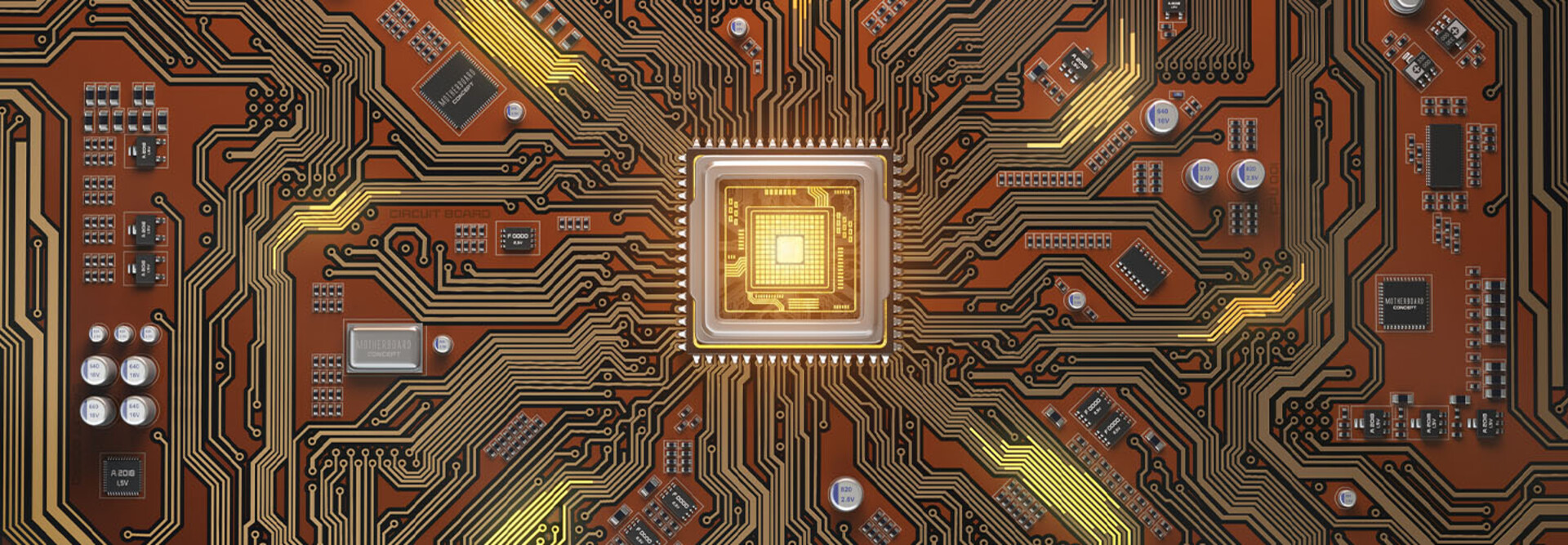New Research to Improve Patient Care
Through Cleveland Clinic’s Discovery Accelerator partnership, there are 52 research projects underway using these high-performance computing technologies. Together with IBM, the health system has published peer-reviewed research papers, including its first study, which lays the groundwork for applying quantum computing methods to protein structure prediction.
“By accurately predicting the structure of a protein, researchers can better understand how diseases spread and how to create effective therapies,” Jehi says.
Cleveland Clinic, IBM and the Science and Technology Facilities Council’s Hartree Centre in the U.K. recently announced a collaboration aimed at advancing healthcare and biomedical science through AI and quantum computing.
Two clinical research projects have been launched to start the new collaboration. One of the projects, led by Jehi in collaboration with IBM and the Hartree Centre, will apply quantum computing to analyze large-scale data sets to identify molecular features in the body that better predict surgical responses in patients with epilepsy.
EXPLORE: How are health systems transforming their data management?
“The objective is to uncover novel biomarkers that can be used to personalize treatment plans and improve patient outcomes,” she says.
AI has also been used to enhance imaging, aiding in the detection of breast cancer and other cancers, Jehi says. “In recent years, we have seen rapid acceleration and adoption of these technologies aimed at speeding up biomedical research and enhancing patient care.”
One example is Cleveland Clinic’s early use of AI for risk prediction in sepsis, where the health system is piloting a sepsis AI program integrating advanced models directly into clinical workflows to make decision-making easier and more effective. “The goal is for sepsis to be flagged faster and with improved accuracy, leading to more timely and effective treatment,” Jehi says.












